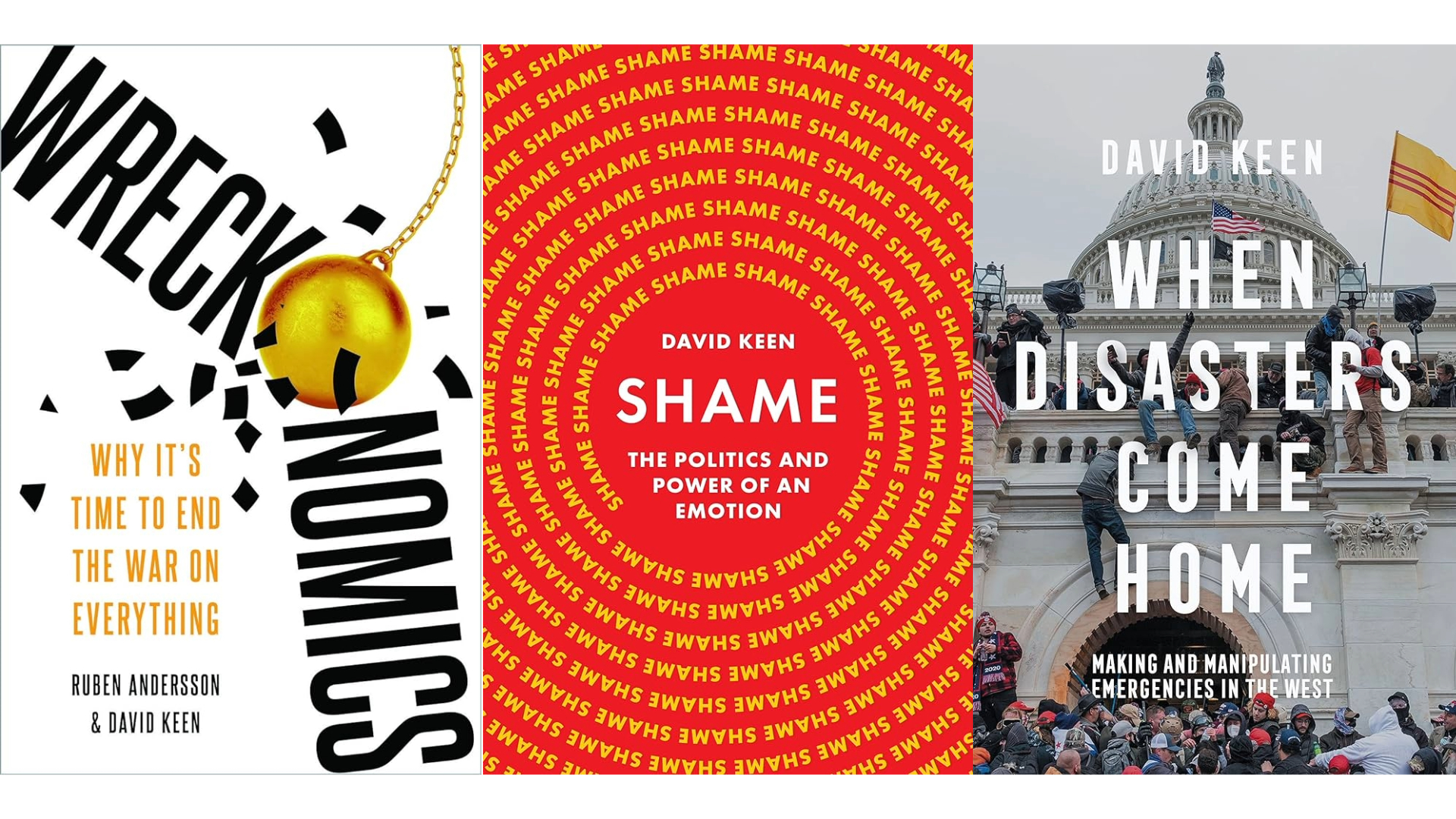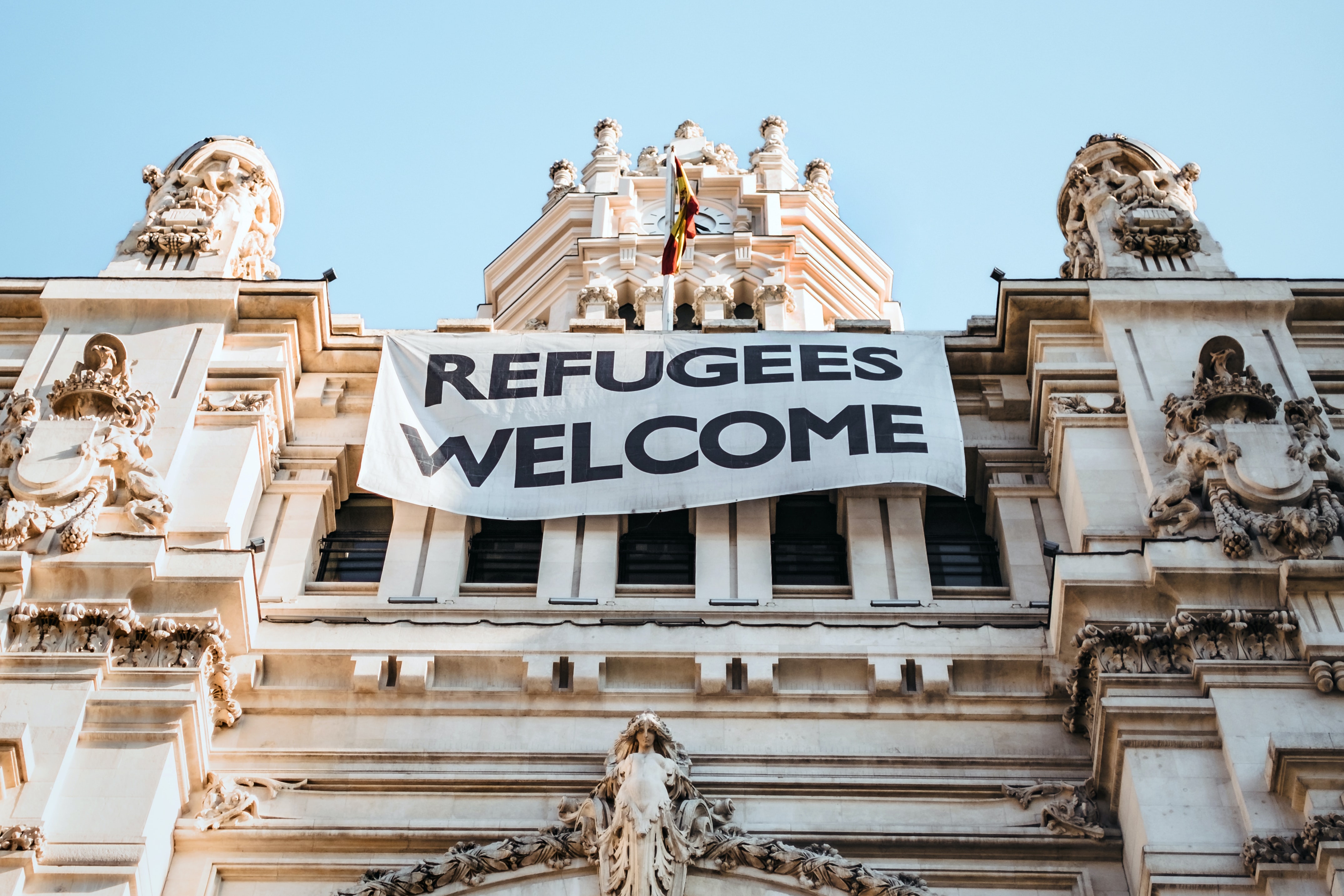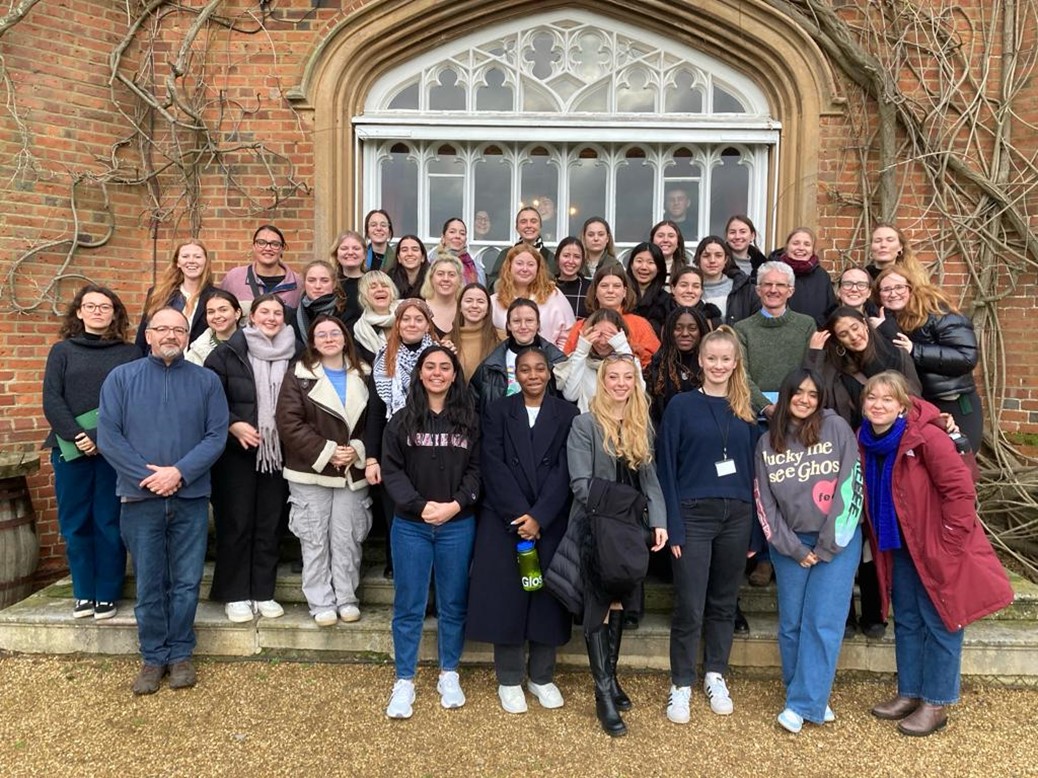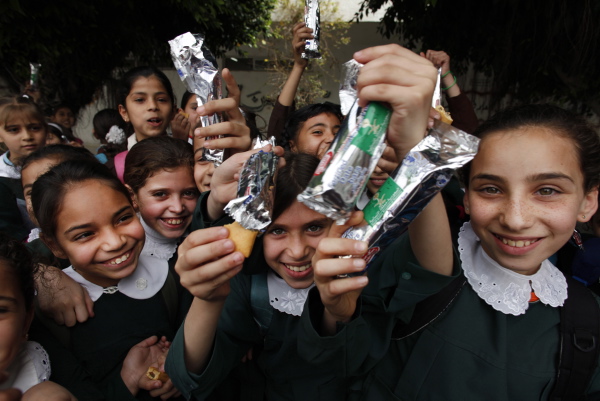Volunteer with a humanitarian organisation and MSc Health and International Development alum Lauren Anderson argues that it is time to properly acknowledge and address the class inequality embedded in the humanitarian sector, which favours those from privileged backgrounds.
Recently, the right wing press has been coming for the volunteers working to support refugees in Northern France, and I am writing here as one of them. The right wing response has been to vilify the efforts of volunteer organisations, claiming they are engaging in “assisting” and “advising” people on how to cross the channel. Making humanitarian work out to be illegal activism is nothing new, especially in the context of refugees where sadly in one extreme case 24 humanitarians were arrested and accused of human trafficking, when they were actually providing essential items to asylum seekers in Greece.
What I found particularly striking about the attack by the Mail on Sunday was how they categorised the volunteers as “public-school educated, gap year activists”. Of all newspapers, the irony of the Mail using this identity as a way to undermine humanitarian work yet not use it against a government where over a third are privately educated and Oxbridge graduates, is astounding (but expected).
The Mail instead co-opts this narrative to perpetuate the classic “us vs. them” propaganda, to demonstrate that they’re on the side of the average Joe, that more refugees = less for the public, in a time of severe social crisis and that the “out of touch wealthy do-gooders don’t have to worry about that because they can just pay privately so it won’t affect them”.
However, the article unexpectedly struck a chord with something I am really struggling with working here in Calais. I am the last person on the planet to agree with anything the Mail has to say and I actually feel queasy at the thought. But earlier this week I had a mental health session with an organisation for volunteers specifically because I am struggling with so much privilege surrounding me here. I’ve been wrestling with this issue for a long time.
During my discussion with the counsellor on Wednesday, I explained how infuriating it is being surrounded by people who are innately privileged, when doing humanitarian work. Firstly, the working environment. Because their parents are funding their ability to work and live here for free, many volunteers are largely unencumbered by real-life responsibilities and so are able to work here without additional stresses. There isn’t the crushing pressure that their entire future is riding on their ability to gain experience in the field during this time, because for them they can do this indefinitely. They haven’t had to work and save for months/years to be able to work for free because the sector requires field experience for entry level positions. They have this additional protection against burnout.
But the second and more important frustration, is that most of the time these people have no experience of hardship or just no life experience at all. And so, whilst completely well-intentioned, they are out of touch with what asylum seekers are experiencing, or even practically what they might need, making some of their work just plain stupid. During my first week here, one organisation was handing out tinned food, without tin openers…. Another volunteer had no concept of emotional intelligence, taking the safeguarding policy as meaning we couldn’t interact with refugees at all but should just hand them things and leave – as if they weren’t human beings who might need some kind of social or basic human interaction.
Living in a shared house with volunteers is also one of the most difficult things I’ve done in my life. It’s like being back at university halls – let’s just dump all our stuff all over the place, keep all the lights on, run the dryer 7 times a day and overspend on the food budget – but it’s okay because the organisation is paying. For them, it’s no different to being at home, where their parents pay for everything. They’ve been shielded against the cost-of-living crisis because they haven’t experienced it first-hand, so they have no concept of budgeting or the fact it’s probably eating unnecessarily into funds that could be more appropriately used elsewhere. The juxtaposition of this attitude to the house when working daily with people living in tents during the depths of winter is dumbfounding.
I want to bang my head against a wall because as someone with lived experience of social deprivation, of growing up in poverty, of being orphaned and navigating the world whilst having to support, protect and advocate for my siblings against the state, of having to pay my own bills back home whilst being here and count everything down to the last penny – it’s deeply infuriating that everyone at the table that I have worked so much harder to get to thinks they know what they are talking about.
The counsellor’s response to this was that “Yes they are privileged, and I have spoken to people who do seem to struggle with that, but I tell them they can’t help their privilege and isn’t it good they are directing it where it matters?” This is also true and reflects the problematic double-edged sword of this work. The people with the means and time to volunteer are mostly young, wealthy people. We need boots on the ground, and these are the only boots able to get here. Moreover, isn’t an essential point of system change utilising your own power and privilege to create pathways for others with less? Perhaps. But at the same time isn’t it maintaining the system of middle-class white saviourism? And this is a sector-wide issue.
I received feedback on a job application recently for not acknowledging that I am a white educated woman and that this cost me points due to the drive to address diversity in the sector. This was despite my honesty about my own experiences of social deprivation, to which the hiring manager replied “Yes, but we really need to see that you acknowledge you’re white”. When I asked advice on how to increase my experience, they told me to keep volunteering. When I said this was not really accessible for me and was creating further hardship in my life she said, “I know, when I was your age, I took out a credit card and moved to Malawi”. I received similar advice at university when a professor advised us to move to another country where there is a crisis, and you should be able to find a job. As if we all have the means to move abroad without a pay-check, indefinitely.
Promoting and prioritising diversity is essential. However, my experience so far suggests that no one is addressing the realities of social class in not only accessing the industry but moving it forward. We need to discuss class and capitalism when talking about diversity, because it’s the same systems and processes that repress all marginalised groups.
We are living in a critical time of class politics in the UK. The right wing is jumping on this opportunity to divide and conquer by pitting marginalised groups against each other and refugees from the Middle East and Africa are the scapegoat of the day. The humanitarian and development sector do need to acknowledge the culture of “private educated, gap year activism” otherwise this narrative will crush them. We need to demonstrate that working to support marginalised groups such as refugees is synonymous with helping all the socially disadvantaged, because it is. We need to work together to deconstruct these systems and stop reinforcing them. But that means being realistic about whether the humanitarian system in its current form is actually working.
The views expressed in this post are those of the author and in no way reflect those of the International Development LSE blog or the London School of Economics and Political Science.
This post was originally published on the fp2p blog. Image credit: MSF.





